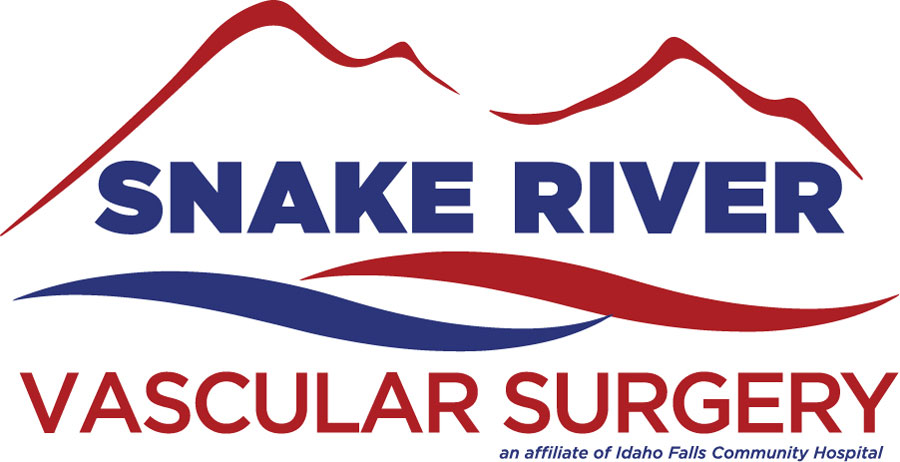Yes….With Exceptions
Does medical insurance cover any varicose vein treatment?
Medical insurance may cover varicose vein treatment if it is considered medically necessary and meets specific criteria. However, cosmetic care for varicose veins is typically not covered by insurance. These include treatment for smaller “spider” veins.
Most insurance companies will follow basic criteria for coverage of varicose veins. Generally, insurance companies require that varicose vein issues fall into 4 categories:
- Documented limitations of activities of daily living caused by persistent lower extremity symptoms such as aching, pain, tightness, skin irritation, heaviness, muscle cramps, etc., that fail to respond to conservative treatments; or
- Hemorrhage (bleeding) from ruptured superficial varicosities; or
- Recurrent superficial thrombophlebitis (inflammation or cellulitis) that fails to respond to conservative treatment; or
- Ulceration or Wounds secondary to venous stasis
Insurance companies will require three months of conservative treatment for varicose veins, including wearing, at least, knee-high compression stockings and documentation of other attempted treatments, including leg elevation, or continued activity. Understand, that these do not cure the cause of venous insufficiency.
Having a venous ultrasound for examination is the standard of care for the evaluation of venous insufficiency and varicose veins. Each insurance company will have individual ultrasound criteria which can be different from evidence-based the standard of care. No varicose veins treatment should be initiated, even if appears cosmetic, without a full ultrasound examination.
What’s covered by medical insurance?
An initial medical office visit and ultrasound are usually covered by insurance. In addition to the general medically necessary criteria above, specific requirements for each procedure must also be met. Here are treatments listed by most insurance companies.
- Endovenous radiofrequency, endovenous laser ablation/treatment (EVLA/EVLT)
- Ligation/stripping and ambulatory phlebectomy (i.e., stab or transilluminated powered)
- Subfascial endoscopic perforator surgery (SEPS)
- Sclerotherapy (liquid or microfoam)
- Cyanoacrylate
- Foam Sclerosant: Ultrasound-Guided Foam Sclerotherapy (UGFS)
Is varicose vein treatment expensive?
Varicose vein treatment costs can vary depending on factors like the severity of the condition and the type and frequency of treatment needed. Out-of-pocket costs of treating a single varicose vein in Idaho can range from $250 to $500 per session, while more extensive or frequently indicated procedures may cost between $5,000 to $10,000 or more.
Insurance coverage is an important factor to consider. Having an up-to-date medical insurance policy that covers varicose vein treatments can help minimize costs. You should know and understand your policy including your deductible amount.
What type of medical insurance pays for varicose veins treatment?
All insurance companies have policies for venous insufficiency and varicose vein treatment. Coverage for varicose vein treatment depends on the insurance company and policy. Most insurance types, including Medicare or Medicaid, will cover varicose vein treatments that are considered medically necessary care.
Understanding the concept of “medical necessity” is important when determining insurance coverage. It’s essential to note that insurance companies have their definitions of “medical necessity”.
We are finding more often that medical insurance coverage for venous insufficiency, or varicose veins, depends on your contract and not on evidence-based medical standard of care criteria. This can be very evident with different insurance policies through different employers. One insurance contract will follow simple criteria while others will be very restrictive.
Does Medicare or Medicaid cover varicose veins treatments?
Medicare and Medicaid usually cover varicose vein treatments if they are deemed medically necessary. Coverage may vary depending on your insurance provider and specific policy. Medicare generally does not cover spider veins unless there are underlying vein diseases. Medicaid coverage varies by state, so it’s best to contact your Medicaid provider for details.

